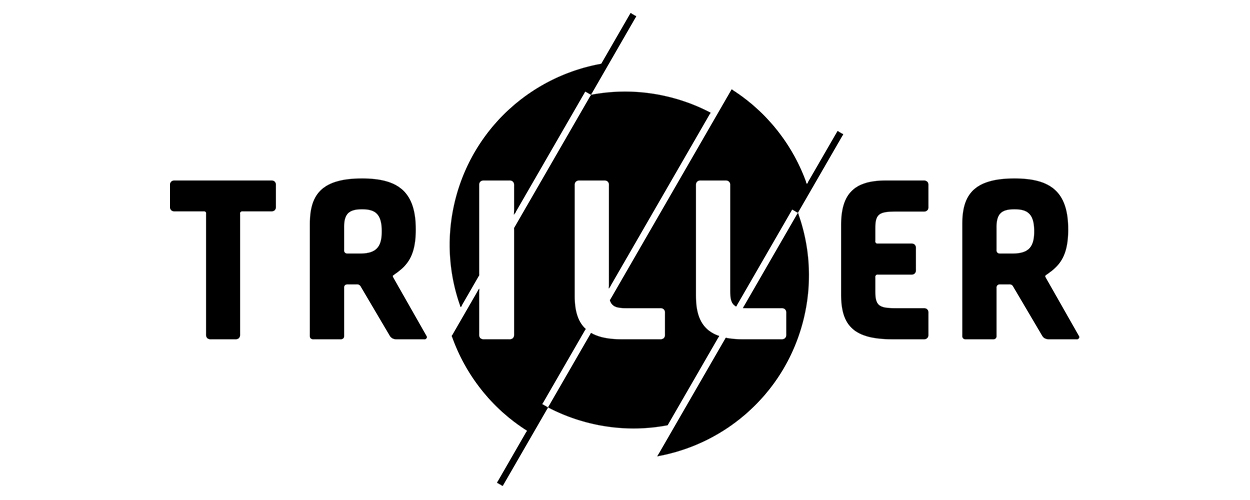This website uses cookies so that we can provide you with the best user experience possible. Cookie information is stored in your browser and performs functions such as recognising you when you return to our website and helping our team to understand which sections of the website you find most interesting and useful.
Business News Digital Labels & Publishers Legal
Court dimisses Wixen’s Triller lawsuit – but on legal technicalities
By Chris Cooke | Published on Friday 26 February 2021

A court in California has dismissed the lawsuit pursued by music publisher Wixen against video-sharing app Triller. Although that dismissal is based on bunch of tedious technicalities that the publisher can likely rectify in a reworked version of its litigation.
Wixen sued Triller last November, accusing the app of streaming videos that contain its songs without licence. The publisher said that, despite Triller CEO Mike Lu telling reporters in interviews that his company was busy reaching out to music rights owners, instead the firm had chosen to “brazenly disregard copyright law and commit willful and ongoing copyright infringement”.
Not only that, it said, the app company was prioritising signing up social influencers to mega-bucks deals over getting licences for the songs those influences exploit.
Triller does, of course, have deals in place with an assortment of music companies, though it has admitted that there are still deals to be done. And since Wixen went legal last year, Triller has actually taken a backwards step in the licensing domain, with Universal Music pulling from the platform after efforts to extend a short-term deal between the app and the major seemingly collapsed.
With regard to the Wixen litigation, Triller sought to have the lawsuit dismissed citing various legal technicalities. That included questioning Wixen’s exact status as owner or exclusive licensee of each song that has allegedly been streamed on the Triller app, and whether that impacts upon the publisher’s right to sue. It also said that no publication dates had been provided for the allegedly infringed songs, meaning it wasn’t clear if the US Copyright Acts of 1909 or 1976 should apply.
The latter technicality actually affects the former, because questions regarding Wixen’s right to sue over the alleged infringement – not to mention the remedies it could seek – might be answered differently depending on what copyright laws are in force. And on that point, the court concurred with Triller, dismissing the case but agreeing to allow the publisher to re-file.
The judge overseeing the case stated: “Because certain works may be governed by the 1909 Act and others by the 1976 Act and the court – from the face of the complaint – cannot determine which works are governed by which act, the court grants the motion [to dismiss], with leave to amend. The court does not consider any other arguments raised by either party in doing so”.





